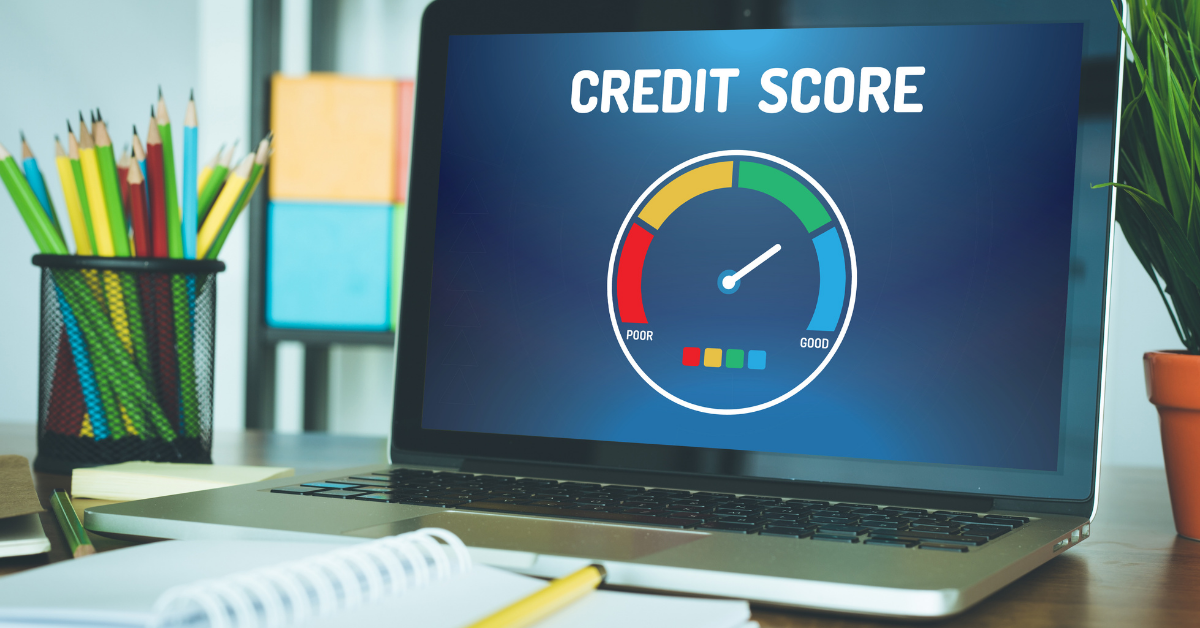Loans vs. Credit Cards – Which is Right for You?
Certainly! Let’s delve into the topic of loans versus credit cards to help demystify the choice between the two financial tools:
Certainly! Let’s delve into the topic of loans versus credit cards to help demystify the choice between the two financial tools:
Demystifying Debt: Loans vs. Credit Cards – Which is Right for You?
In the realm of personal finance, navigating the world of debt can feel like deciphering an ancient code. Two prominent options stand out: loans and credit cards. Both offer access to funds, but the specifics can leave you scratching your head. Fear not, financially fearless adventurer! This blog post will be your Rosetta Stone, breaking down the key differences between loans and credit cards. We’ll delve into factors like interest rates, repayment terms, credit score impact, and ideal uses for each, equipping you to make informed decisions and conquer your financial goals.
Understanding the Fundamentals: Loans vs. Credit Cards
At their core, both loans and credit cards are tools for borrowing money. However, the way you access and repay those funds differs significantly.
- Loans: A loan provides a lump sum of cash upfront. You then repay the borrowed amount with interest over a fixed period, typically in monthly installments. Personal loans, auto loans, and mortgages are common examples.
- Credit Cards: A credit card offers a revolving line of credit up to a preset limit. You can use the card to make purchases and borrow against that limit. You only pay interest on the outstanding balance you carry over each month.

Here’s a table summarizing the key differences:
| Feature | Loan | Credit Card |
|---|---|---|
| Borrowing Style | Lump sum upfront | Revolving line of credit |
| Interest Rate | Typically lower | Typically higher |
| Repayment Term | Fixed (e.g., 24 months) | Variable (minimum payment required) |
| Impact on Credit Score | Builds credit with on-time payments | Builds credit with on-time payments, but carrying a high balance can hurt your score |
| Ideal Uses | Large, one-time expenses (car, home improvement) | Everyday purchases, emergencies |
Decoding the Details: A Deep Dive into Loans and Credit Cards
Now that we have a grasp of the basics, let’s delve deeper into the nitty-gritty aspects of loans and credit cards.
Interest Rates: This is where loans often shine. Personal loans typically boast lower interest rates compared to credit cards. This translates to significant savings, especially for larger loans. However, interest rates for both loans and credit cards can vary depending on your creditworthiness. So, maintaining a good credit score is crucial for securing the best rates on either option.
Repayment Terms: Loans come with a fixed repayment term. You’ll know exactly how long it will take to pay off the debt, making budgeting and financial planning easier. Credit cards, on the other hand, offer more flexibility. You can choose to pay the minimum balance each month, but this stretches out the repayment period and accumulates significant interest charges. Ideally, you should strive to pay your credit card balance in full each month to avoid accruing interest.
Credit Score Impact: Both loans and credit cards can positively impact your credit score if you make your payments on time. However, credit cards can also negatively affect your score if you carry a high balance relative to your credit limit (utilization ratio). This emphasizes the importance of responsible credit card usage.
Additional Features:
- Loans: Some loans may have origination fees, which are one-time charges for processing the loan.
- Credit Cards: Many credit cards offer rewards programs that give you cash back, points, or travel miles for your purchases. These can be valuable perks if you use your card responsibly and pay your balance in full each month.
When to Choose a Loan:
- Large, One-Time Expenses: For significant, planned purchases like a car, home improvement project, or medical procedure, a loan is often the better option. The fixed interest rate and repayment term provide predictability and help you avoid the temptation of overspending that can come with a credit card.
- Debt Consolidation: If you’re struggling with high-interest credit card debt, a personal loan can be a strategic move. By consolidating your debt into a single loan with a lower interest rate, you can simplify your repayments and potentially save money.
- Building Credit: A secured loan, where you use an asset as collateral, can be a good option for individuals with limited credit history. Making on-time payments on a secured loan can help establish a positive credit history.
When to Choose a Credit Card:
- Everyday Purchases: Credit cards are a convenient way to manage everyday expenses, especially for online shopping or recurring bills. You can also take advantage of fraud protection features offered by most credit cards.
- Emergencies: An emergency fund is ideal, but unforeseen situations can arise. Having a credit card with a good limit can act.
Rewards Programs:
Many credit cards offer rewards programs that incentivize using your card. These programs can be a great way to earn cash back, travel miles, or points towards merchandise. However, it’s crucial to remember that rewards programs shouldn’t overshadow responsible credit card use. Only use your card for purchases you can afford to pay off in full each month, and avoid getting lured into unnecessary spending just to chase rewards.

Responsible Credit Card Habits:
- Set a Budget: Determine how much you can realistically afford to spend on your card each month and stick to that limit. It can be helpful to track your spending to maintain awareness.
- Pay Your Balance in Full: This is the golden rule! Avoid carrying a balance to dodge hefty interest charges that can quickly snowball and erode any rewards earned.
- Beware of Cash Advances: Cash advances on credit cards typically come with higher interest rates and fees compared to regular purchases. Utilize them only as a last resort.
- Monitor Your Credit Utilization Ratio: As mentioned earlier, your credit utilization ratio (the amount of credit you’re using compared to your limit) significantly impacts your credit score. Aim to keep your utilization ratio below 30% for optimal credit health.
- Beware of Annual Fees: Some credit cards have annual fees. Weigh the benefits (rewards programs, travel insurance, etc.) against the fee to determine if it’s a worthwhile option for you.
Conclusion: Making the Right Choice – Loans vs. Credit Cards
Ultimately, the best choice between a loan and a credit card depends on your specific needs and financial situation. Consider the following factors when making your decision:
- The purpose of borrowing: Loans are better suited for large, one-time expenses with a clear repayment plan. Credit cards are ideal for everyday purchases or emergencies.
- Interest rates: Loans generally offer lower interest rates than credit cards.
- Repayment terms: Loans come with fixed repayment terms, while credit cards offer more flexibility but can lead to prolonged debt if not managed responsibly.
- Your financial discipline: If you struggle with impulse purchases, a credit card might not be the best option.
By carefully evaluating these factors and adopting responsible credit card habits, you can leverage loans and credit cards as powerful tools to achieve your financial goals. Remember, debt is a double-edged sword. Used wisely, it can help you finance necessities, consolidate debt, or build credit. However, used irresponsibly, it can quickly spiral into a financial burden.
Bonus Tip:
Consider creating a financial plan incorporating your debt management strategy. Consulting with a financial advisor can be invaluable for personalized guidance tailored to your unique circumstances.
This blog post has hopefully equipped you with the knowledge to demystify the world of loans and credit cards. By understanding their distinctions and making informed choices, you can navigate debt effectively and pave the way for a secure financial future.